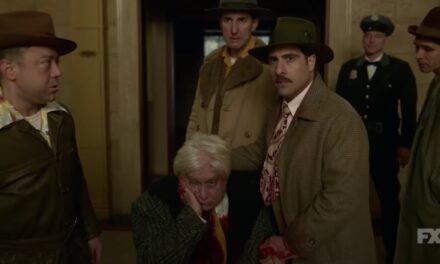The recent resurgence in the popularity of comics and graphic novels has been accompanied by a concurrent expansion of the wider comics field. The wealth of comic cons and events, adaptations into and out of comics, the remediation and redeployment of comics and comics iconography in public spaces and art galleries, and digital and online comics and related forums, all pay testament to the increasing way in which comics circulate and exist beyond the page.
Our aim in the collection Comics Beyond the Page in Latin America is to explore this expanding comics field in this region. Since the turn of the new millennium in particular, Latin America has seen an increase in the number of comics festivals and events (e.g. Entreviñetas, Crack! Bang! Boom!, Viñetas Sueltas, Dibujas que hablan, etc.), in comics publishing houses and specialist bookstores, and in an engagement with comics history and iconography in urban public spaces (e.g. Paseo de la Historieta in Buenos Aires or the Mural de los Héroes de la Historieta Mexicana in Mexico City).
We want to ask:
- In what diverse and varied ways are comics being used as cultural capital, as objects of (symbolic) exchange and as a means for (re)shaping identities in a globalised world?
- How are institutions and individuals taking up both national and global cultural traditions and iconographies?
- What differences and tensions are evident in the way that states, institutions, organisations and individuals use comics, not least in a region with precarious cultural industries and policies?
- What does the refashioning of comics within different social and digital spaces mean for ongoing debates about the nature of graphic literature and visual communication, or about the nature of the (post)human condition?
We welcome proposals on any topic related to comics beyond the page in Latin America, including but not limited to:
- online and digital comics
- comics in public spaces (e.g. murals, statues, graffiti, subway art, etc.)
- comic cons, festivals, cosplay
- expanded comics in art galleries and museums
- the use of comics within education
- the comics industry
Those interested in contributing to this volume should submit a 300-word abstract and a 100-word biographic note including institutional affiliation to Dr. James Scorer (comicsandthecity@manchester.ac.uk) before 31 January 2018.
Full manuscripts will be due by 15 July. Submissions can be made in English, Spanish or Portuguese.






